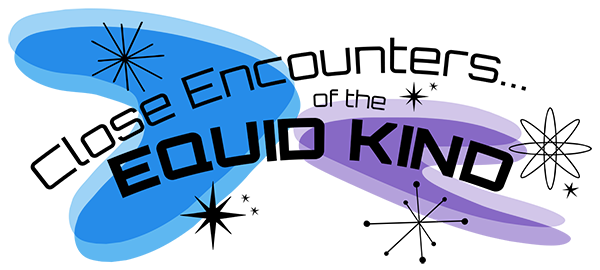Event Title
Encounters Between the Cavalry Maiden Nadezhda Durova and Horses
Session
Session 2: Women and Horses in War
Location
Mary Tefft White Cultural Center, University Library
Start Date
28-9-2023 2:30 PM
End Date
28-9-2023 4:00 PM
Description
Nadezhda Durova is one of the most iconic female cross-dressers, who participated in the Great War against Napoleon in 1812, and one of the women at war to publish her memoirs on the insistence of the Russian poet Aleksander Sergeevich Pushkin, which enjoyed considerable popularity. In the memoirs, Durova describes in touching detail her first encounter with her father’s ferocious stallion Alkid, her subsequent taming of the stallion, how she ran away from home with the horse, and, finally, its tragic death through accident. Durova’s memoirs are not to be trusted in their entirety, as she fails to mention the fact she had been married and gave birth to a son prior to eloping with a Cossack and joining the army; nevertheless, it is likely that her affection for Alkid is not pretended, as hers seems to be the first occurrence of the oft-cited motif of a girl taming a savage horse. Additionally, throughout her memoirs and in her fiction, she demonstrates her attention to horses and other animals, especially dogs (Durova spent her last years of life in the company of numerous dogs), though none of her subsequent warhorses won her heart to the same extent that Alkid did. Durova’s singular love for Alkid and other favourite “pets” and animal companions, contrasted with her occasional cruelty to her service horses, provides an interesting case study of the way in which emotional and utilitarian concerns had to be balanced in the context of war and military service.
Recommended Citation
Ropa, Anastasija, "Encounters Between the Cavalry Maiden Nadezhda Durova and Horses" (2023). Equine History Collective Conference. 8.
https://docs.rwu.edu/equinehistory-conference/2023/thursday/8
Encounters Between the Cavalry Maiden Nadezhda Durova and Horses
Mary Tefft White Cultural Center, University Library
Nadezhda Durova is one of the most iconic female cross-dressers, who participated in the Great War against Napoleon in 1812, and one of the women at war to publish her memoirs on the insistence of the Russian poet Aleksander Sergeevich Pushkin, which enjoyed considerable popularity. In the memoirs, Durova describes in touching detail her first encounter with her father’s ferocious stallion Alkid, her subsequent taming of the stallion, how she ran away from home with the horse, and, finally, its tragic death through accident. Durova’s memoirs are not to be trusted in their entirety, as she fails to mention the fact she had been married and gave birth to a son prior to eloping with a Cossack and joining the army; nevertheless, it is likely that her affection for Alkid is not pretended, as hers seems to be the first occurrence of the oft-cited motif of a girl taming a savage horse. Additionally, throughout her memoirs and in her fiction, she demonstrates her attention to horses and other animals, especially dogs (Durova spent her last years of life in the company of numerous dogs), though none of her subsequent warhorses won her heart to the same extent that Alkid did. Durova’s singular love for Alkid and other favourite “pets” and animal companions, contrasted with her occasional cruelty to her service horses, provides an interesting case study of the way in which emotional and utilitarian concerns had to be balanced in the context of war and military service.


